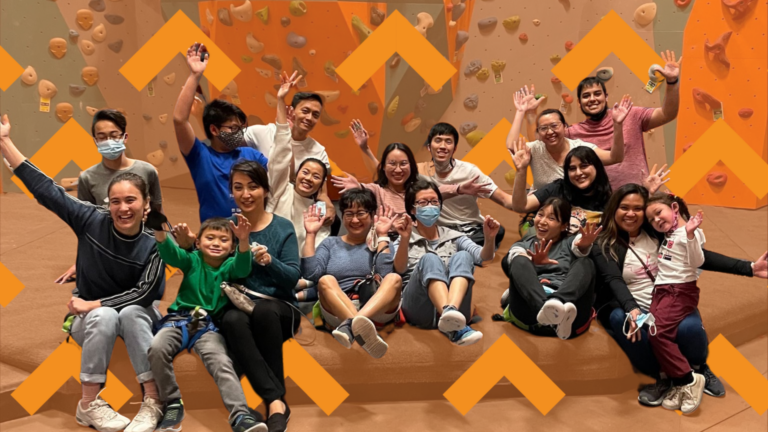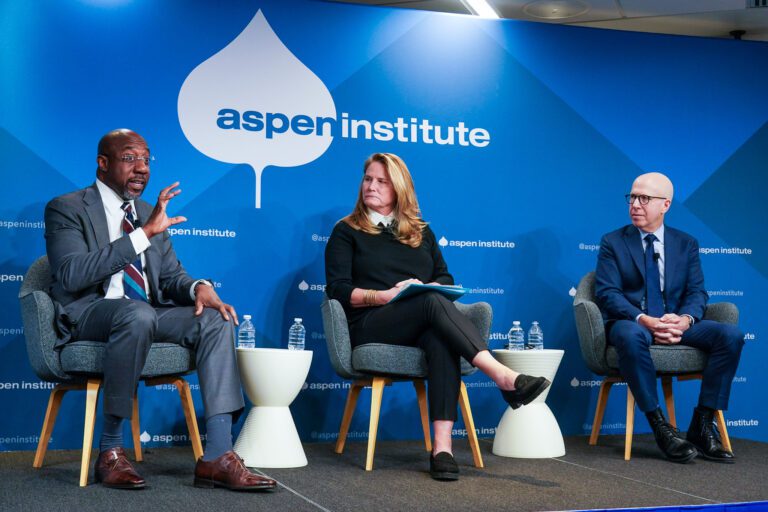Taking a two-generation approach to helping families impacted by the justice system
The Vera Institute of Justice works to make justice systems fairer and more effective through research and innovation. It uses its unique approach to work with government officials on a range of criminal and social justice topics.
This blog post was orignially posted on the Vera Institute blog page, October 23, 2014: http://www.vera.org/blog/
Earlier this month, my colleague Ryan Shanahan and I represented Vera at the Aspen Institute Ascend Network’s ThinkXChange. This network, of which Vera is a member, connects 58 organizations from across the United States “to influence policy and practice changes that increase economic security, educational success, social capital, and health and well-being for children, parents, and their families.” Specifically, the Ascend Network is advancing a two-generation approach to helping families move out of poverty, recognizing that the success of parents and their children is inextricably linked and greater gains can be made when policies and programs take into account the success of parents and children at the same time.
The ThinkXChange provided a wonderful opportunity to learn more about how two-generation approaches are being implemented in sectors outside the justice system. The Ascend Network released a publication at the event, Top Ten for 2Gen: Policy Ideas & Principles to Advance Two-Generation Efforts, which offers information on other policies and principles that can help advance a two-generation approach.
This two-generation approach to working with families is central to a number of initiatives underway at Vera. For example, we are working with the New York City Housing Authority to help formerly incarcerated individuals reunite with their families living in public housing while also providing them with case management services. This pilot program is based on two key principles: families play a critical role in helping their loved ones safely reenter from prison or jail and connect with employment; and, conversely, people returning home from correctional settings play important roles as parents and caregivers within their homes and communities.
Vera is also leading the Pathways from Prison to Postsecondary Education Project to expand access to higher education for people in prison and those recently released. Working in Michigan, New Jersey, and North Carolina, the project seeks to demonstrate that access to postsecondary education, combined with supportive reentry services, can increase educational credentials, reduce recidivism, and increase employability and earnings. Students’ success has positive implications for their own children’s educational pursuits.
The third example is from the juvenile justice system. To better understand the benefits of family contact for incarcerated youth, we are partnering with the Indiana Department of Correction, Division of Youth Services to study a recent change to its visitation policy. Beginning in early 2013, families are now allowed to visit as often as they can—previously, visits were limited to once a week—and during a broader range of hours. Visitation rates doubled in a matter of months. Based on Vera’s previous work on the topic, we are looking at how family visits impact educational achievement in correctional settings as well as recidivism.
Related Posts



